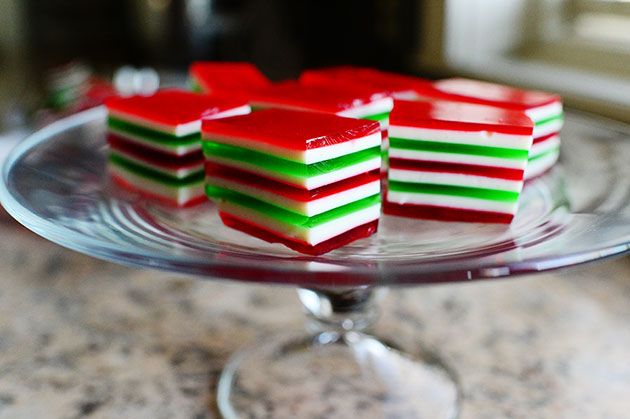
Title: Investigating the Possible Side Effects of Consuming Jello
Introduction:
Jello, a popular gelatin dessert loved by people of all ages, is often recognized as a safe treat. However, Jello, like any other food product, can cause negative effects, particularly when ingested in large quantities or by people who have specific dietary limitations or sensitivities. In this post, we’ll look at the possible side effects of drinking Jello and the elements that may influence its impact on health.
1. Sugar Content:
Discuss how Jello frequently contains large amounts of added sugars, which can lead to negative health consequences such as weight gain, dental decay, and an increased risk of chronic diseases including type 2 diabetes and heart disease. When it comes to sweet meals like Jello, it’s important to practice moderation. Use Cenforce 200, Cenforce 150, and Vidalista 40 mg to treat ED.
2. Artificial Ingredients.
Highlight the inclusion of artificial additives such as food colors, flavorings, and preservatives in some commercially produced Jello products. These chemicals may cause bad responses in those with sensitivities or allergies, and they have been related to potential health issues.
3. Gelatin Sensitivity:
Investigate the possibility of gelatin sensitivity or allergy, which can result in hives, itching, digestive distress, or more serious allergic reactions in susceptible individuals. Discuss how some people may need to avoid Jello or use gelatin-free alternatives due to these sensitivities.
4. Digestive discomfort:
Mention that drinking large amounts of Jello or gelatin-based goods might cause digestive discomfort such as bloating, gas, or diarrhea, especially in people with sensitive stomachs or underlying gastrointestinal disorders.
5. High sodium content:
Certain versions of Jello, particularly those made with flavored gelatin mixes or from fast pudding mixes, may have high levels of sodium. Excessive salt consumption can lead to hypertension, fluid retention, and other cardiovascular complications, particularly in people with high blood pressure or kidney disease.
6. Risk of foodborne illness:
Discuss the necessity of properly making and storing Jello to limit the risk of foodborne disease, as gelatin-based sweets can become a breeding ground for germs if not handled correctly. Emphasize the need to follow food safety requirements when making and serving Jello, particularly at events like potlucks or picnics when it may be left at room temperature for extended periods of time.
Conclusion:
While Jello can be a tasty and pleasurable treat, it’s important to be aware of its potential side effects and to take it in moderation as part of a healthy diet. Individuals with certain dietary requirements, allergies, or sensitivities should exercise caution when ingesting and may need to substitute alternate desserts or homemade versions prepared with healthy ingredients. Individuals can safely enjoy by paying attention to portion quantities, carefully reading labels, and following their bodies’ cues.
Visit For More Interesting blog : 360businesstechnology



